Maria Khayat Assi: "We are helping to educate a generation who believes in human rights and will be ready to work once back to Syria"
The CEO of BEYOND Association, an NGO working with Syrian children in Lebanon, explains us how the organization has adapted to several emergencies, from the 2006 war to the present Syrian refugee crisis.
What kind of projects does BEYOND Association carry out?
BEYOND is a non-governmental organization aiming at promoting social, economic, cultural, educational, environment and health issues among several underprivileged groups. The activities of the organization concentrate mainly upon enhancing women’s rights, leadership participation, and economic empowerment; increasing the level of awareness on social issues; and working for civil and humanitarian rights.
How has the organization evolved over time?
BEYOND was created in 2002 and started developing projects targeting child labour, youth participation, job opportunities (especially through information technology) and women economic empowerment. In 2006, during and after the Lebanon War, BEYOND team gained an extensive experience in emergency response. Now, within the Syrian crisis, the team has been enlarged to include more than 1000 professionals and volunteers trained on health and children protection and rights.
What programs are you developing in response to the present crisis?
We are providing primary health care services to almost 98,000 Syrian displaced and malnutrition screening to around 80,000 Syrian Children under 5 years old. We are also providing psycho-social support to Syrian children traumatized and affected by the crisis, from therapy to literacy, recreational and sports activities. Teenagers acquire basic life skills and care givers receive parental skills and awareness on gender-based violence. All these programs are funded by UNICEF and developed with the Lebanese Ministry of Public Health.
However, the main challenge we are facing is child labour. With the support of the International Labour Organisation, we have withdrawn more than 15,000 children from the worst forms of child labour to education or to light work. Due to the economic situation of Syrian families children cannot stop working so we give them safety tools under the supervision of the Lebanese Ministry of Labour.
How has this emergency impacted your activity?
The wide range of activities developed, the big number of beneficiaries targeted and the geographical area covered required from BEYOND administration to focus even more on enhancing the quality of services provided and giving a response to each emergency. However, BEYOND is still conducting activities outside the Syrian emergency.
How would you profile children do you work with and which are their needs?
All children have been affected by the Syrian crisis. Most of them lost one or more of their parents and relatives during the war and some witnessed them die. Some of them went to school in Syria and their education was interrupted, while others have never been in a school. Some of them came from a rural community; for them, working in agriculture is natural and they believe it is their future. Others came from cities and find very difficult to work. Some children left nice houses and now are living in a tent inside a camp.
Is there anything that citizens can do to help in this refugee crisis?
During the first six months of the Syrian crisis, we established a bridge between Lebanese families and Syrian ones where they were providing food, clothes and humanitarian aid. However, the huge number of Syrians and the long duration of the crisis made impossible to sustain this assistance.
Has volunteering a role to play in these sort of crisis?
Limited funds and the need of expertise in responding to emerging needs make volunteering very necessary. We can benefit from it in order to exchange expertise and ideas and be able to give new responses.
In which ways does Beyond count on volunteering?
More than 50% of our team are volunteers. It is worth mentioning that 65% of the animators working with children are Syrians. They are a support for Syrian children, but we are helping to create a big group of teenagers and college graduates who believe in human and child rights and who will promote volunteering and will be ready to work in Syria when they go back.
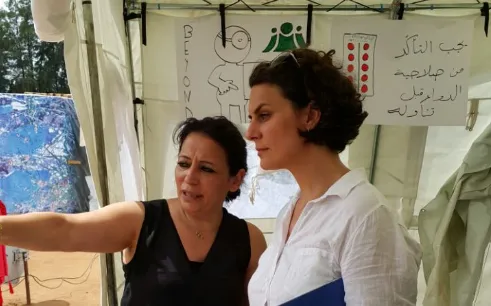
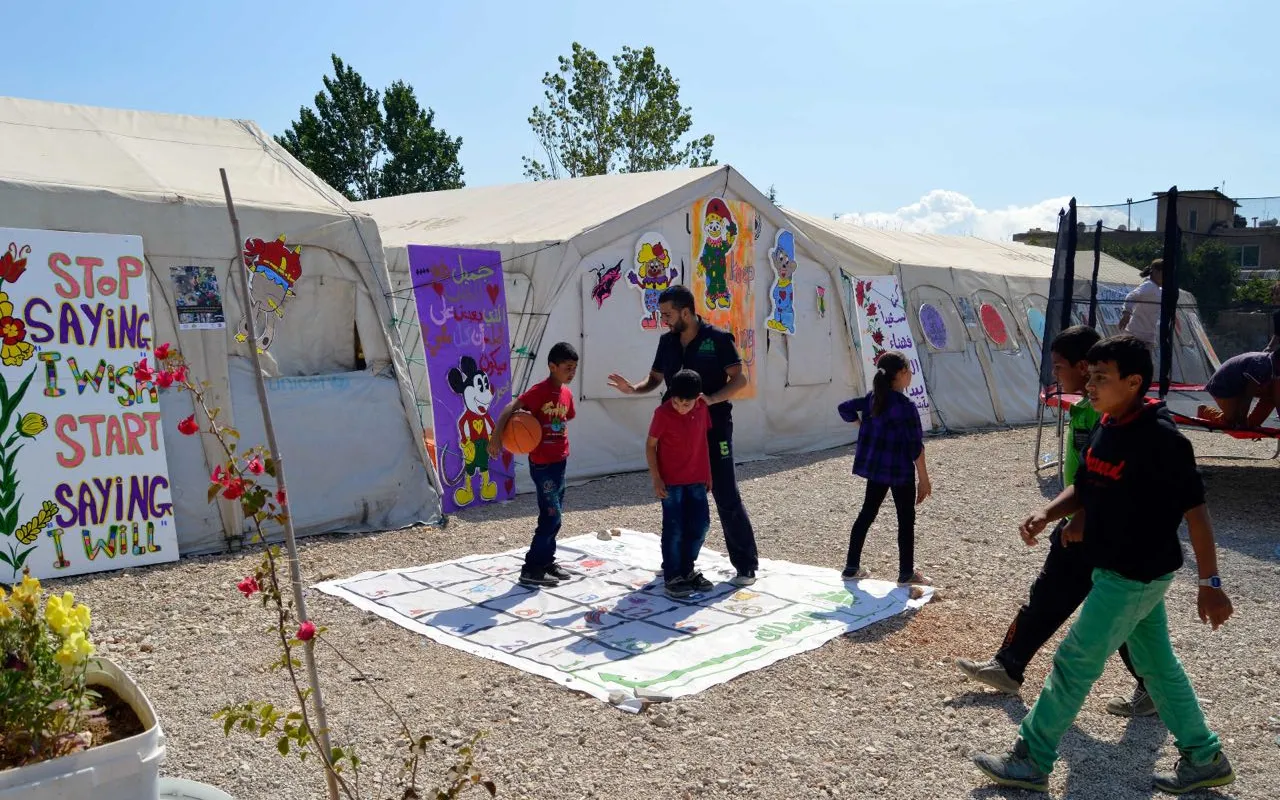
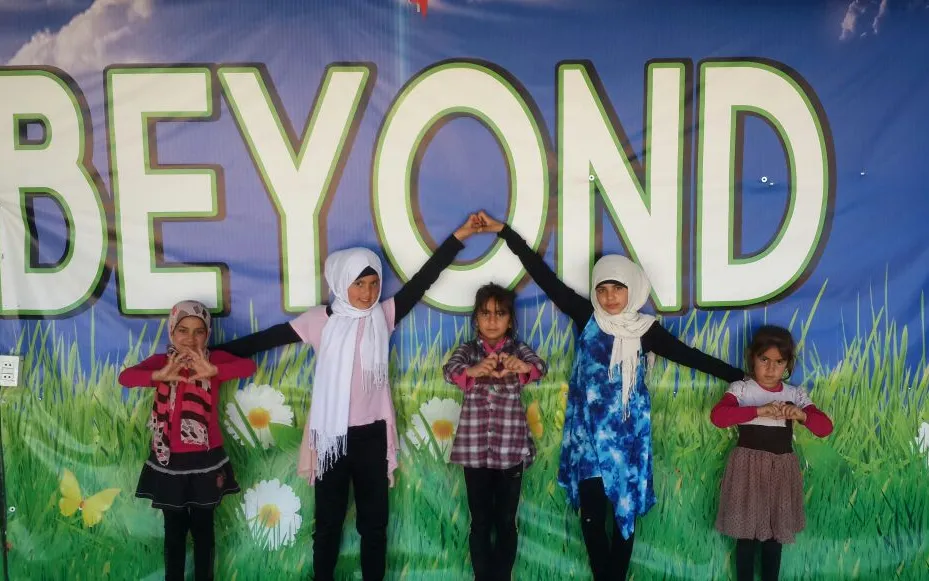
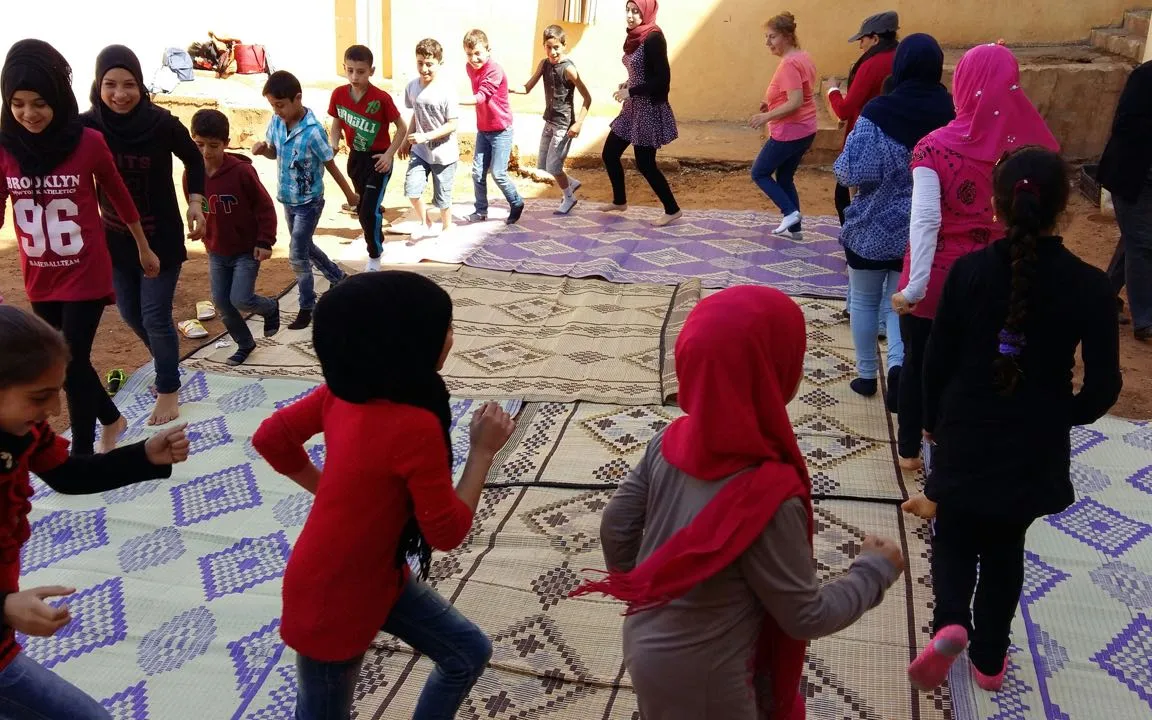
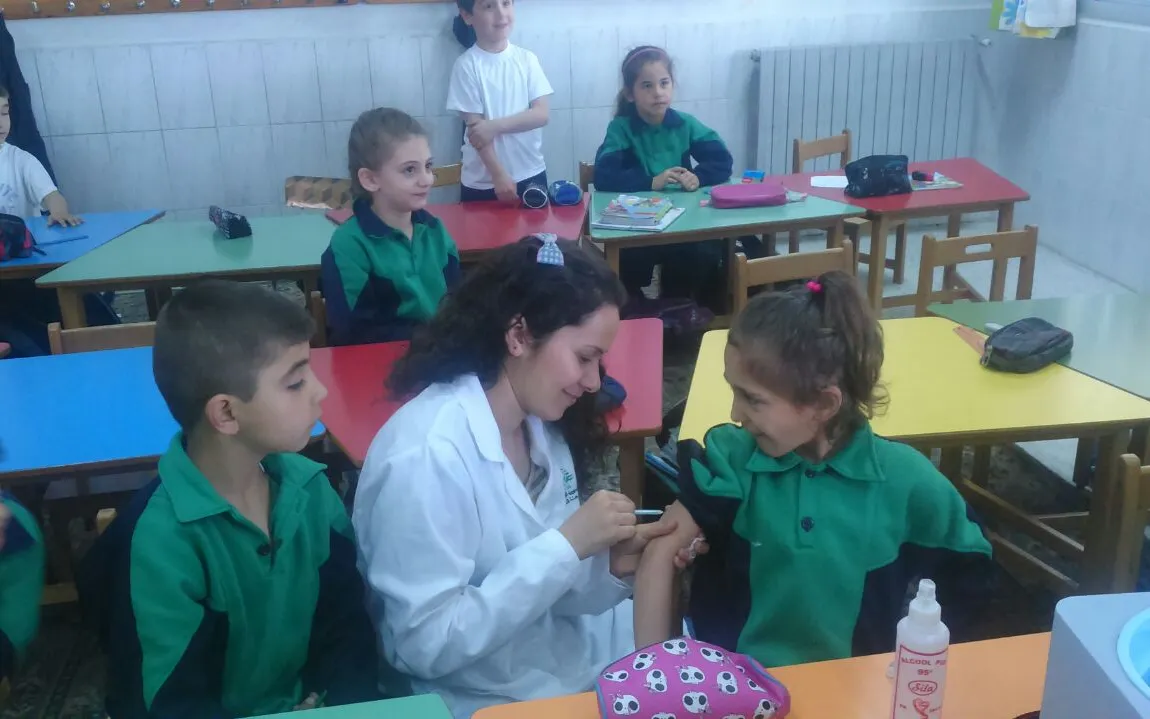
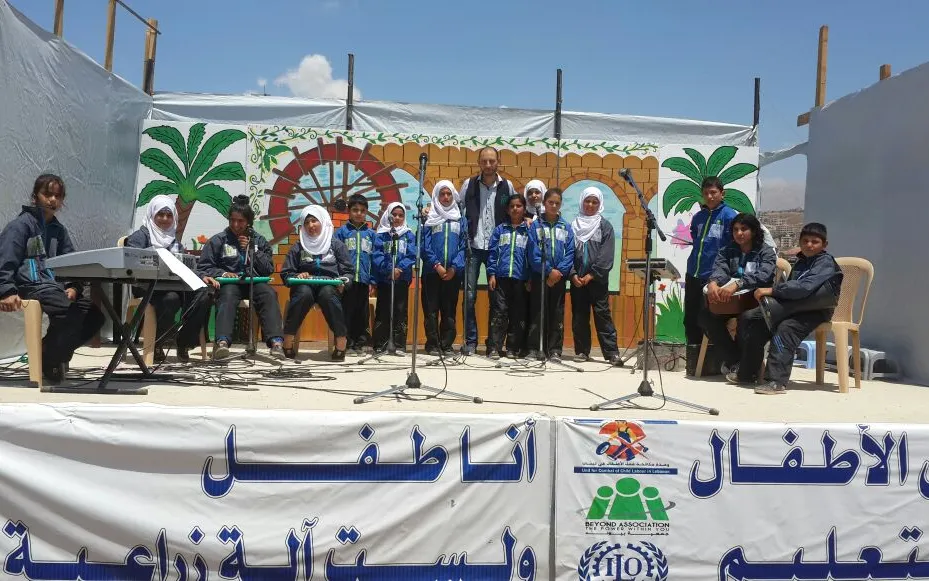



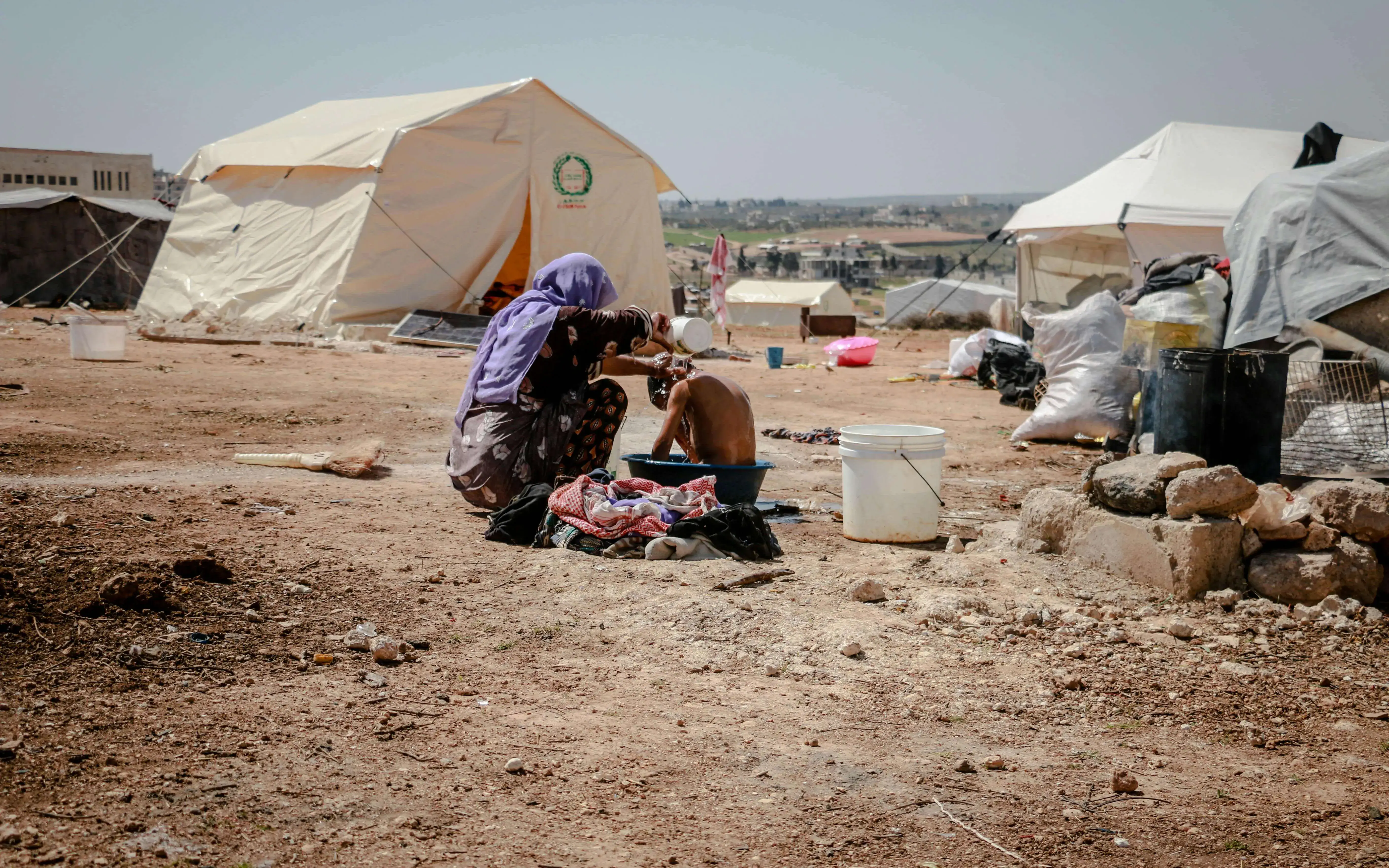

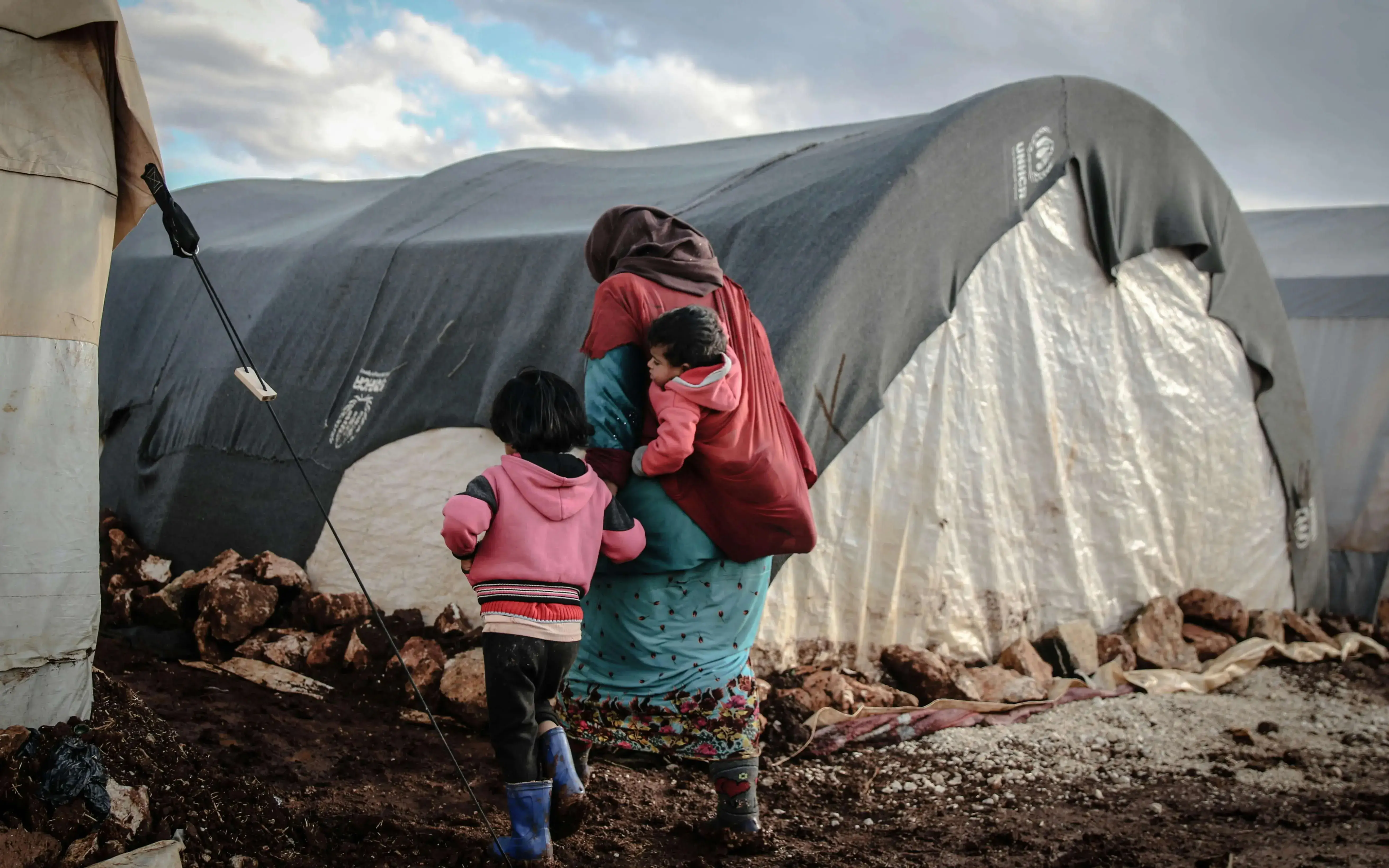
Add new comment